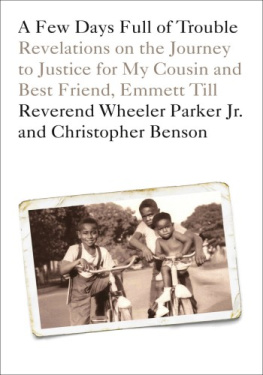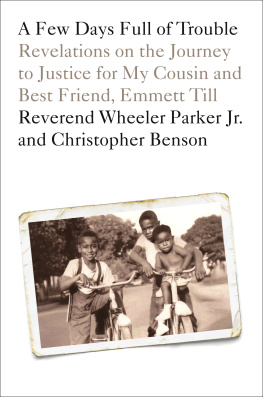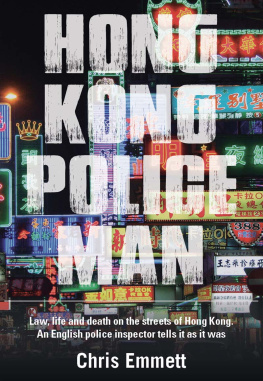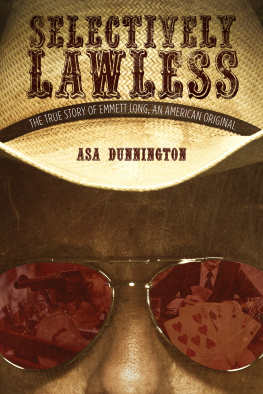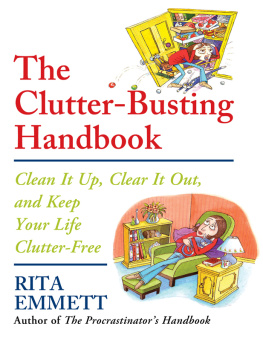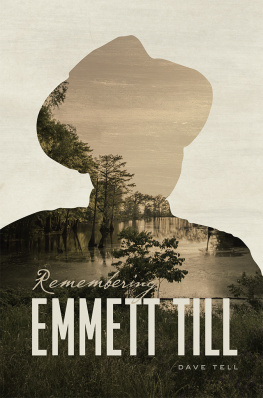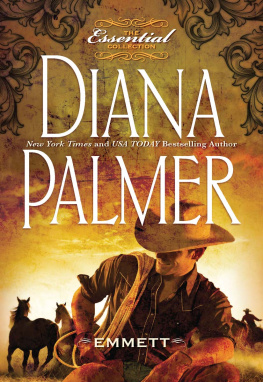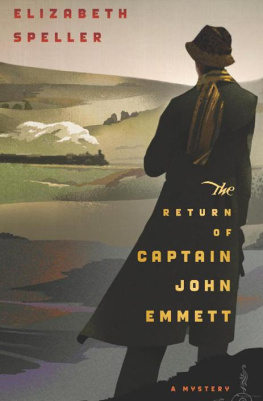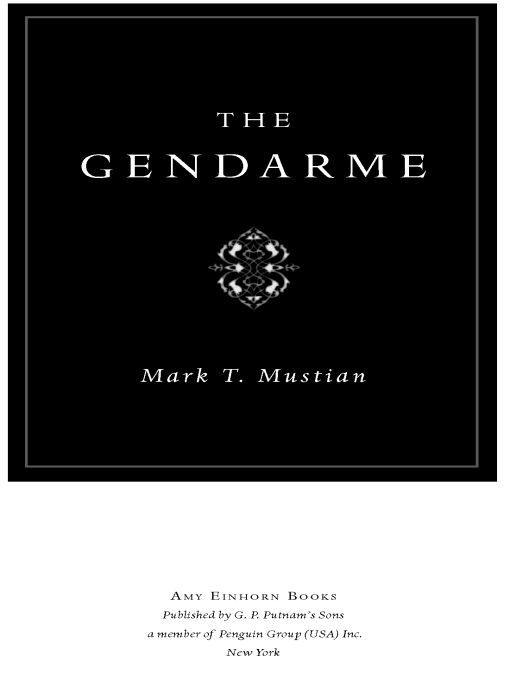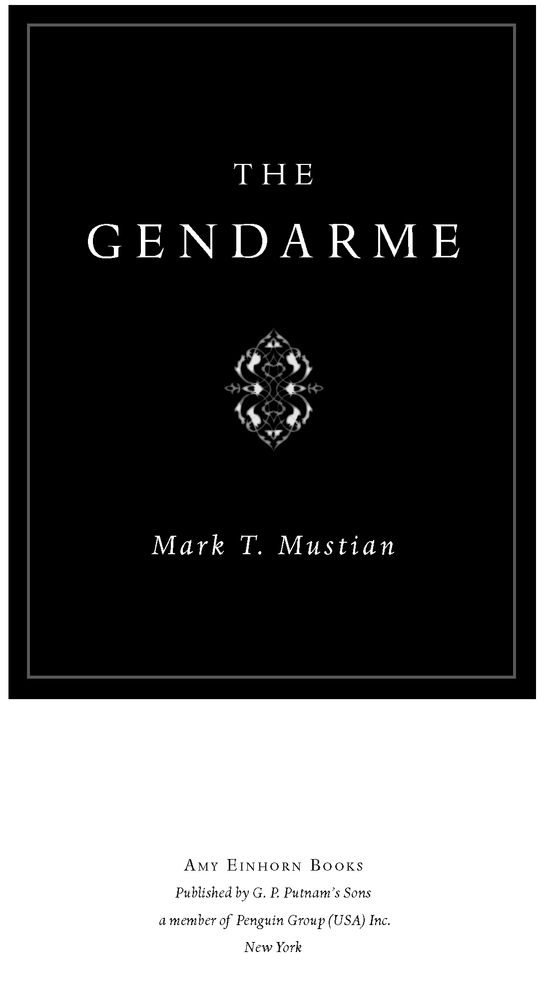Table of Contents
For Bern
To the Roaring Wind.
What syllable are you seeking,
Vocalissimus,
In the distances of sleep?
Speak it.
WALLACE STEVENS, 1917
I awake in a whispering ambulance.
Attendants huddle, a gloved finger withdraws.
Memory makes its way back: the crush of the headache, the darkness. I am cold now. My face is numb.
Can you hear me?
Bam...
What is your name?
Speech half forms. In English? At length, Em... Em... Emmett Conn.
Where do you live?
I think. Twenty-three fifteen Wisteria Court. Wadesboro, Georgia. The words flow easier.
When were you born?
I pause, for I do not truly know. The year 1898. This is what I have said, for many years now. I am ninety-two years old.
A light shines in my eyes, twisting the headaches slow thrust. I smell alcohol. Metallic voices flutter. The siren risesdid I not hear it? Then silence, except for a buzzing sound, and darkness. Sleep falls. Is this it?
A sudden burst of coldness comes, then nothing.
I wake. A chill shakes and leaves me, a great wind rushing past. The headache remains, confined now to a solitary spot, perhaps a single nerve ending. I touch my face. A television speaks somewhere, perhaps in a different room. I see no window, no natural light. I am... where?
A rustling sounds next to me. Shapes form and dissolve into a woman, a voice.
Youre awake.
For a moment I think I am back there, injured. A prisoner. Unidentified Patient Number A-17.
How are you feeling?
I close my eyes. I was a soldier. My injury left me without memory, of the war or much before it.
A neighbor saw you collapse, the woman whispers. You had a seizure. Theyre going to run tests.
For what? I try to still myself, even my pulse.
She pauses. A stroke. Or a brain... something.
I attempt a smile, for there is humor in it. A brain something. I shift in her direction, the headache stabbing its response.
I am an old man.
Theyre calling your daughter, she says. My daughter who stays away.
This womannurse?pulls the sheet. Where are you from?
I sigh. My foreignness, found at just a few syllables. Despite all the years, all my efforts at English.
I am an American. I say this. The woman nods.
Were gonna set you up for an MRI.
She says something more, but a tiredness creeps over me. Arms become elbows become joints, PVC pipe. Plastic tubing spawns hair. I think, How have I lived, for so long now?
I sleep.
Coldness again, and wind. This time I can seea long, wind-swept plain, and a train, an ancient steam locomotive, spewing black smoke tossed sideways by the wind. The smoke smells vile and heavy, not the sweet odor of burning wood, but harsher, more primitive. The oddness of smell permeating a dream tugs at me. The train sways. I do not recognize the surroundings.
It looks to be late afternoon, maybe spring or summer. The wind rushes across the plain, barren except for the train and a few dusty trees. The train is barely moving; in fact, I seem to be moving faster, in the same direction, bobbing my head like the mast on a ship. In the distance to my left, at the far end of the plain, red and violet mountains merge with the horizon. The sun stands on my right in what appears to be a sinking posture, placing my bearing as southerly. I hear nothing, which makes it seem surreal, even otherworldly, except for the train, and then the people.
A black line of humanity, several hundred long, trudges in the same direction the train moves. I wonder why I hadnt noticed them beforeperhaps the languidness of their pace, perhaps the way they mesh with the shadow. They look to be pilgrims of some sort, dressed mostly in black, with the high collars and shawls of those who seek comfort from the past. A few ride on mules, and here and there a wagon breaks the uniformity of the line, a line that sweeps out to the horizon, longer than I had first noticed, thousands instead of hundreds, maybe more. Figures on horseback pace beside them, erect, dipping, like dogs nudging a herd. I reach down, recognizing my buckle and weave as that of a rider. My hand strikes the hardness of metal and wood, the elongated form of a rifle. For a moment it feels so familiar. Then it trails away, in a blast of cold and wind, the chill condensed to a pinpoint, like after the first headache. Then gone.
The gurney glides along the polished floor. A surgery sign, a black arrow. Post-Op, an arrow. Rumbling, rotating, a large vessels slow movement. People passing, speaking. Oncology, arrow. Radiology, arrow. A final turn, a slowing.
A heavyset nurse runs a hand through red hair.
Are you able to sit?
Lights blink and shimmer. The headache has nearly vanished, a tenderness in its place like a newly formed bruise. It hurts if I move my head quickly, or if I look at the overhead light. I move slowly, cautiously. I lift a hand to my face.
The nurse prods me onto another gurney, this one attached to a large machine.
Lie down here, with your head on this headrest.
I move to comply, a man with his fragile egg-head. I think againI cannot help itof before, of the hospital. Seven decades before. Almost a year to remember my name. I should have died then. Without Carol I would have.
Lets scoot you up a bit.
My memory is fine from the hospital forward, but before is still darkness, only speckles of light. I remember almost nothing of the war, the Great War. I rarely dream.
Lie as still as you can. The voice comes through an earpiece. A plastic object is placed in my hand. Use the panic button if you need to.
The bench slides inside the machine. The apparatus whooshes and clicks. The machine accelerates to buzzing, then clanging, loud to the point of pain. The earplugs rattle and bounce in my ears. I wonder again at the purpose of thisto add a few breaths to my life? Carol is dead, dead now three years. I am alive. Ninety-two years have passedfor what? For what?
I finger the panic button. Then, gently, release it.
The horse sways under me, the wind back in my face. It is dark. The light of a campfire flickers off to my right. Sounds carry on the wind, yelps of pain, guttural grunts and moans. Words snap and volley: admonishments to be quiet, directions to get up. A faint sobbing crescendos and lessens, stops. The word gvur sprouts in front of me, hurled as an accusation. Bahi. Sigara. Groupings of consonants, vowels, clips and snorts strung together as symbol, as communication. Snarling, human conversation.
It dawns on me, even through the depths of the dream, that I know this language. I have always known it. It is odd, this, to dream and recognize the dreaming, to dangle beyond the vision like a watchful ghost or god. For an instant I see myself astride the horse, bundled against the wind by a mottled wool blanket, my face scruffy and bearded, my hair long and free. Young, maybe seventeen, thin and upright, dark eyes, heavy brow. Then everything swirls, like a rotating camera, until I find myself back atop the swaying animal, pulling and prodding, peering through darkness at gray things below.


